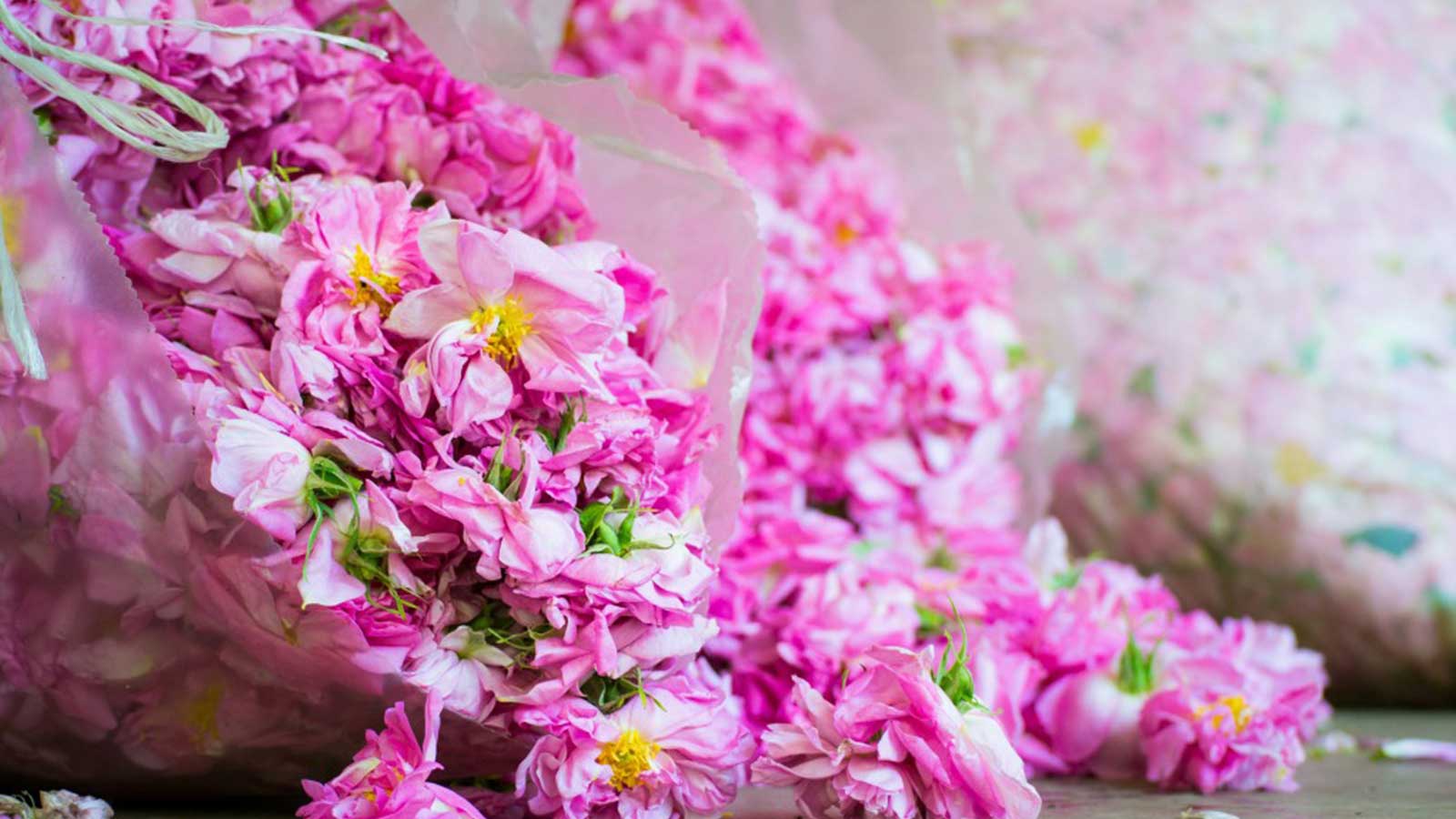 Photo: Travel Atelier
Photo: Travel Atelier
Rose oil and extracts are common components in cosmetics, recognized for their remarkable healing effects and the timeless aroma they lend to floral perfumes. The majority of the world’s rose oil comes from Bulgaria, Turkey, and Morocco, with Turkish rose accounting for about 65% of the global rose oil production, according to The Global Times.
The tradition of harvesting Turkish roses extends back over 150 years, centered in Isparta, Turkey’s Southern province, often referred to as “the land of roses.” The cultivation of Rosa Damascena, known as the Damask Rose, is deeply embedded in Turkish culture and history, becoming almost emblematic of the region. The rose harvesting process serves as a vital source of income for local families and is emblematic of love, beauty, and passion in Turkish literature.
Originally brought to Isparta from Greece, the Damask Rose flourished in the region’s favorable climate and soil conditions. The area’s mountainous landscape and moderate weather create ideal conditions for cultivating aromatically rich roses that contribute to some of the world’s finest perfumes and cosmetic products. Beyond its captivating scent, Turkish rose oil is renowned for numerous benefits—ranging from therapeutic applications for cognitive issues to anti-aging, antimicrobial, and healing properties. Consequently, Isparta has established itself as a significant player in the global rose market, supported by rising international demand. LUXUO investigates the traditional harvesting practices and worldwide significance of the Turkish Rose, a lasting element in the beauty sector.
The Harvesting Process
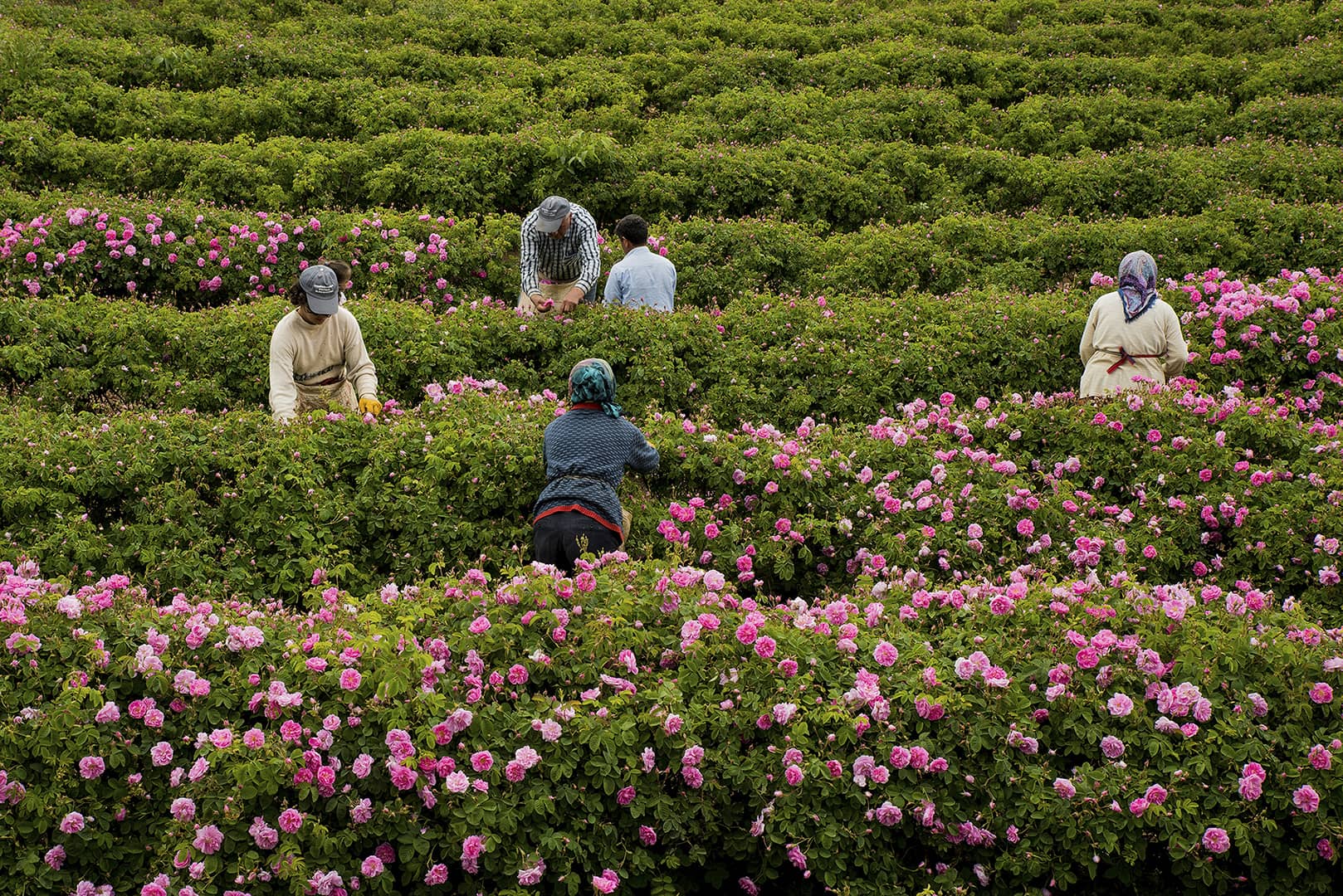
The process of harvesting Turkish roses is both labor-intensive and precarious due to the product’s fragility and time constraints. Harvesting begins around 4 a.m. and wraps up shortly after 10 a.m., as the flowers exhibit their peak freshness and fragrance during this cooler, humid timeframe. Timing is crucial since essential oils are densely packed in the petals in the early morning hours from May to June. The promptness of the harvest maximizes the freshness, effectiveness, and product quality. Since rose petals are exceptionally delicate, any damage can adversely affect the oil’s quality, potency, and yield. Consequently, the entire process is executed manually, with each flower being hand-picked, demanding both skill and speed to ensure quality and volume.
This annual harvest is considered a cultural celebration for the locals, with communal participation as each family member contributes, ensuring that techniques are passed to future generations. Rose harvesting is more than just a financial pursuit; it is a cultural tradition that strengthens community ties and helps preserve local customs. Elders in the community teach the younger generation the techniques and rituals tied to rose harvesting, thereby safeguarding the tradition’s integrity and authenticity. Moreover, the season is marked by annual festivals in Isparta, featuring parades, traditional music, dancing, and exhibitions. The Isparta Rose Festival is a significant event attracting locals and tourists alike, celebrating the region’s cultural legacy and facilitating economic growth through increased tourism.
Turkish Rose in Fragrances
 Photo: The Wayfarer Scents
Photo: The Wayfarer Scents
Turkish rose oil is an invaluable element when integrated into beauty products, particularly in fragrances. It is most commonly used in mass markets to give perfumes distinct, well-rounded floral notes. This oil has become indispensable in perfumery for its enriching, multi-layered aroma, which combines floral, honey, spice, and fruit notes. The scent is robust and full-bodied while retaining a hint of lightness, characterized by a high concentration of citronella. Turkish rose oil is also acclaimed for its calming and stress-relieving properties, frequently utilized in aromatherapy to address stress, anxiety, and depression, fostering feelings of relaxation and emotional wellness, making it a favored choice in spas, wellness products, and perfumes.
Notes of Turkish rose typically feature in spicier scents, categorized as either gourmand or classic fruity-floral fragrances. The aroma conveys luxury, romance, and comfort. As roses symbolize love, their rich scent deepens elements of passion when paired with woody notes, while fruity notes add feminine undertones. This versatile ingredient graces numerous popular perfumes in the beauty industry, including the following:
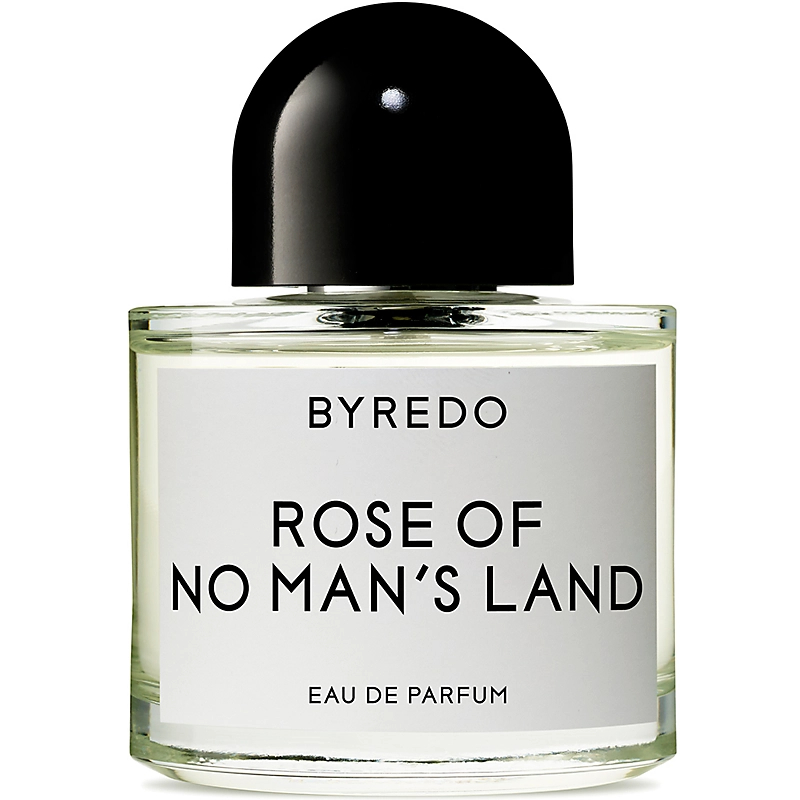 BYREDO Rose of No Man’s Land
BYREDO Rose of No Man’s Land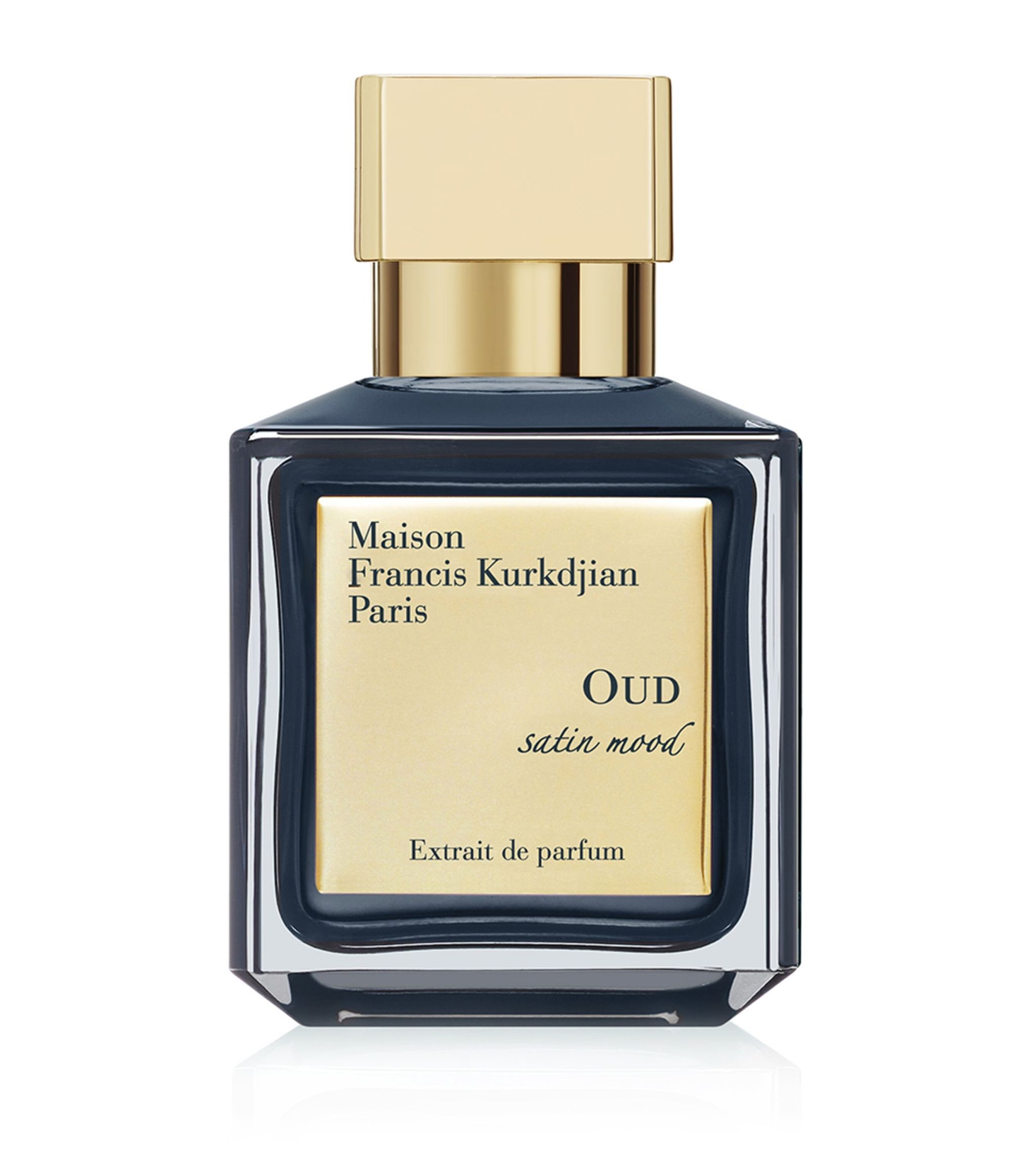 Maison Francis Kurkdjian, OUD Satin Mood
Maison Francis Kurkdjian, OUD Satin Mood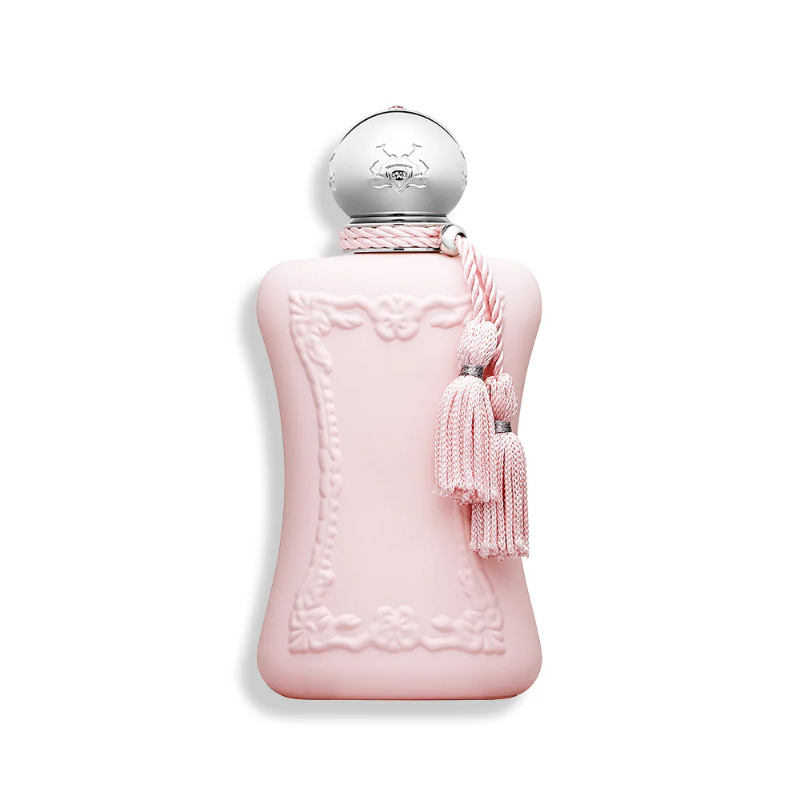 Parfum de Marly, Delina
Parfum de Marly, Delina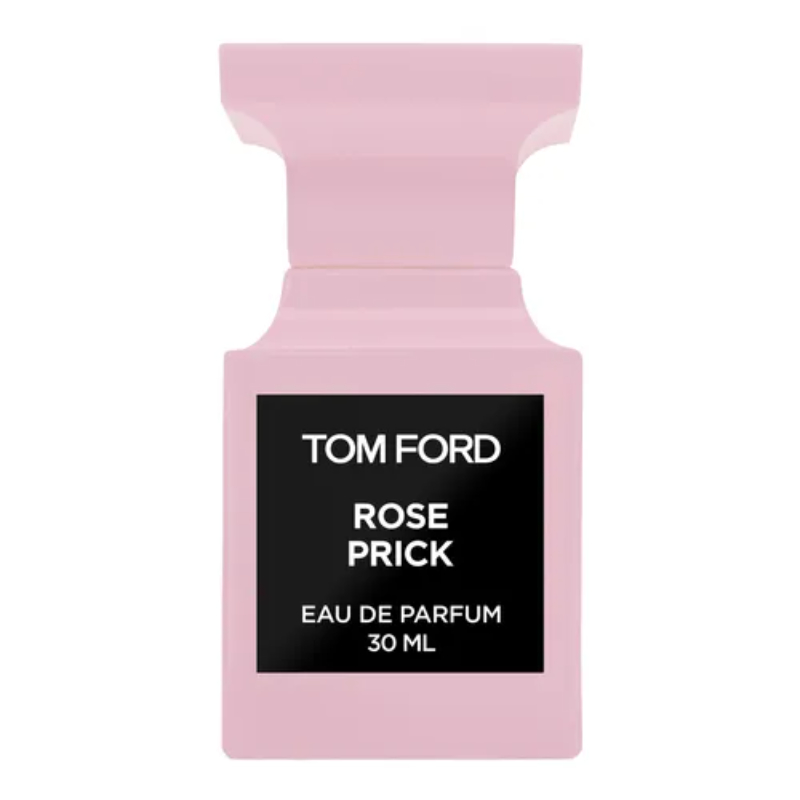 Tom Ford Beauty, Rose Prick
Tom Ford Beauty, Rose Prick
Global Impacts and Potential Impeding Factors
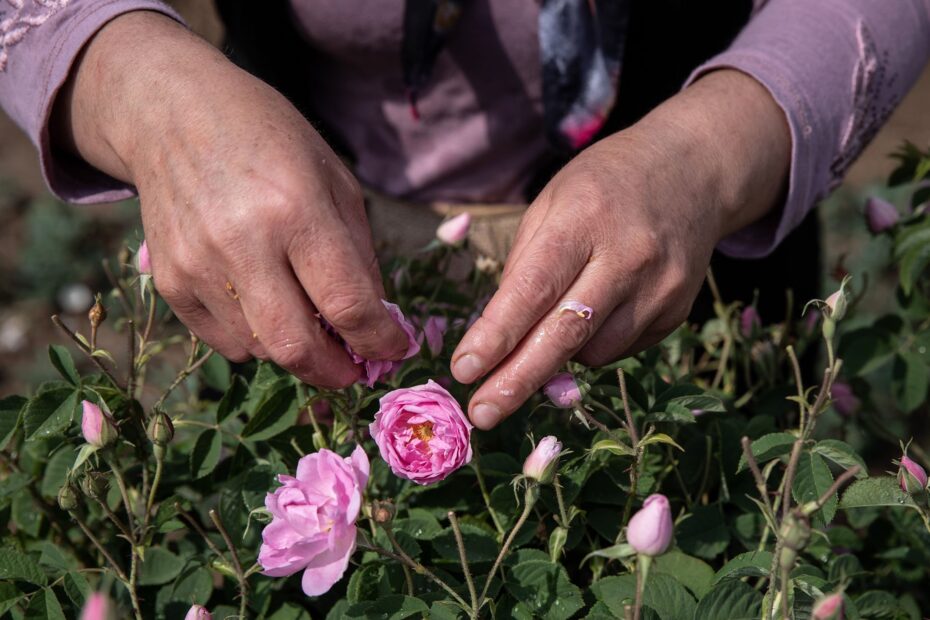
In addition to Bulgaria and Morocco, Turkey stands as one of the leading global suppliers, encompassing a significant share of the international rose market. Turkish rose is highly valued in the perfume industry for its intricate and rich fragrance profile, elevating the luxury appeal and multi-dimensionality of several perfumes, often being a crucial component in high-end labels like Maison Francis Kurkdjian and Parfums de Marly. This rising demand has resulted in premium pricing, which benefits diligent Turkish rose farmers and bolsters the economy of cultivation regions.
Key markets include China, the United States, and Japan, which are experiencing a rapid increase in demand for Turkish rose in fragrances and related beauty products, fueled by a growing appreciation of its therapeutic and aromatic properties. Turkish rose also has a long-standing history of cultivation and use in perfumery that extends back centuries, enhancing its stature as a reliable and fruitful crop. This established historical and cultural association adds significant value and appeal to perfumes containing it, marking it as an attractive choice for consumers. Thus, Turkish rose holds considerable growth potential, supported by Turkey’s adeptness in agricultural techniques, exceptional product quality, and its cultural relevance.
Conversely, despite the surging demand, environmental and socio-economic factors pose risks to the Turkish rose’s market presence in international trade. With climate variations becoming more severe, the Turkish rose harvests are increasingly susceptible to environmental challenges that may decrease yearly yields. The delicate nature of Turkish roses demands specific climatic conditions for flourishing; therefore, climate shifts pose profound threats to their viability, possibly necessitating costly adjustments in farming practices.
Moreover, economic fluctuations and evolving consumer preferences can disrupt demand for luxury fragrances, which, in turn, impacts the demand for Turkish rose. The industry’s reliance on global markets renders it vulnerable to factors outside its control. While the cultural significance of the harvest season persists, consumers have grown more discerning regarding ethical practices and traceability. Consequently, any adverse perceptions or reports concerning labor practices or environmental impacts related to Turkish rose cultivation could affect its marketability and global demand—issues may include the exploitation of child labor and wage disparities.
In summary, the Turkish rose industry is positioned for promising growth, with attractive prospects stemming from its cultural value, superior quality, unique scent profile, and the economic influence it has on local populations. Turkish rose oils and extracts remain integral to beauty products because of their enduring qualities and classic fragrance. However, potential obstacles exist that could hinder or detrimentally affect the success of Turkish rose producers. To uphold its market position and achieve long-term success, the industry must prioritize sustainable farming, ethical labor standards, and adaptability to environmental changes and shifting consumer preferences. By implementing the right strategies, the Turkish rose can continue to thrive as a foundational element of luxury perfumery.
For more updates on beauty trends, click here.







